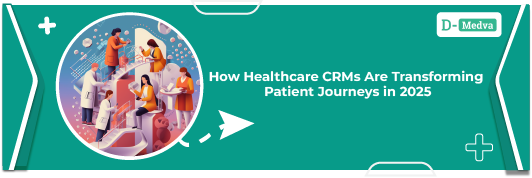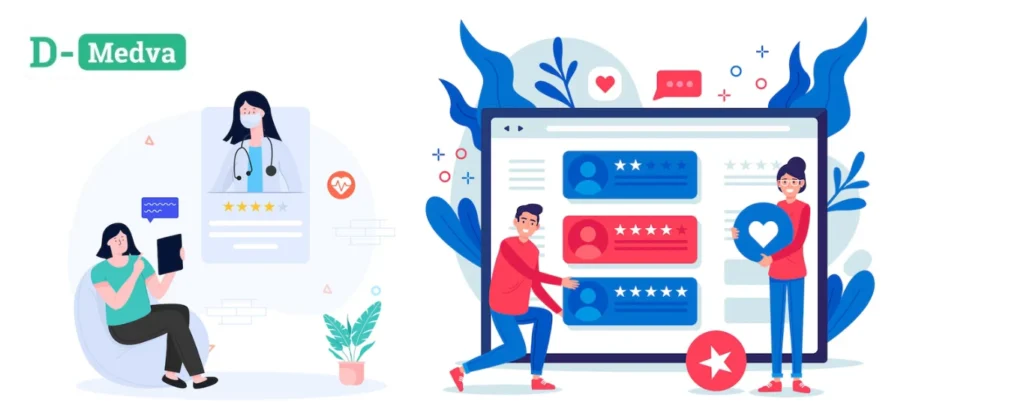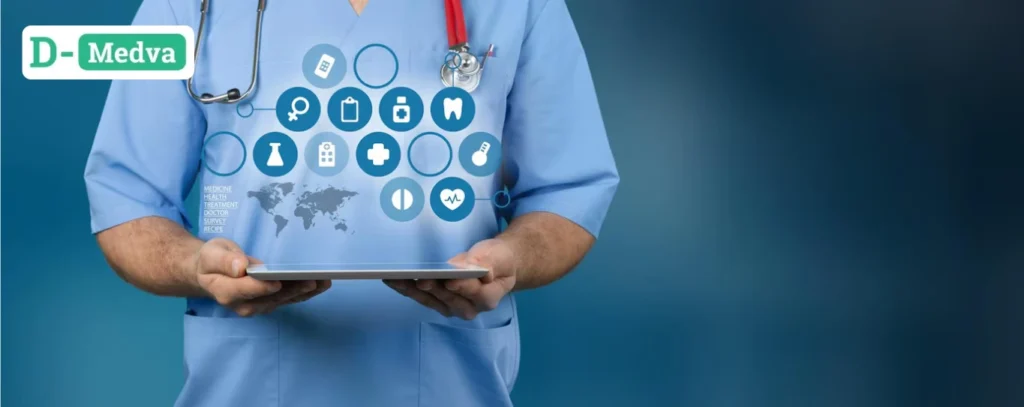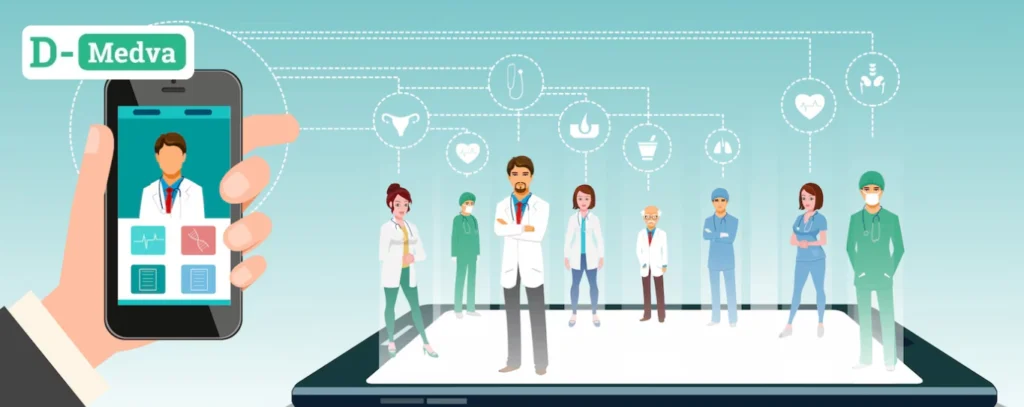How Healthcare CRMs Are Transforming Patient Journeys in 2025
The healthcare journey no longer begins and ends at a clinic. It starts with a Google search, a website visit or a WhatsApp chat. In 2025, patients expect seamless communication, timely care and personalised experiences every step of the way. Is technology quietly driving this transformation? Healthcare CRMs powered by Agentic AI. By integrating intelligent CRMs into their marketing workflows, healthcare providers are delivering more empathy, more clarity and ultimately better outcomes. What Is Agentic AI and How Is It Reshaping Patient Journeys? Agentic AI refers to autonomous systems capable of initiating and completing tasks on their own. They don’t just respond to prompts – they analyse, act and improve over time. When integrated into CRMs, Agentic AI: This means patients get a more connected experience while clinics gain deeper insights into what truly matters: better retention and outcomes. Patient Journey Automation Healthcare Services are now central to this transformation. How Has the Patient Journey Evolved Since 2020? Post-pandemic, patients have become more digital-savvy and choice-driven. They don’t just look for the nearest doctor – they research symptoms, compare providers and expect real-time answers. Recent trends show that: Traditional CRMs were built for back-office record keeping. Modern CRMs – especially those driven by agentic AI – are built for Patient Journey Automation Healthcare Services. What Makes an AI-Powered CRM Truly Smart in 2025? Think of your current CRM as a database. Now imagine a system that: Agentic AI doesn’t replace your staff – it makes their work more impactful. When aligned with Omnichannel Patient Experience CRM software, CRMs can generate contextual nudges that reduce missed appointments and improve engagement. How Can You Ensure Ethical and Compliant CRM Use in Healthcare? Healthcare data is sensitive. Patients deserve privacy and transparency. The good news is that CRMs built with AI can follow strict governance protocols while still personalising care. With role-based access controls, encrypted data sharing and opt-in communication settings, providers can: This is crucial when running outreach during awareness months like Breast Cancer or Diabetes Week. Your message is ethical and effective. Do Smaller Clinics Benefit from Healthcare CRMs Too? Absolutely. In fact, midsize clinics often benefit the most. With leaner teams, every patient touchpoint matters. AI-powered CRMs allow even smaller providers to: These tools provide scalable efficiency without compromising patient care. What Do Patients Expect From Healthcare CRMs in 2025? Here’s how smart CRMs enhance care: And with AI in the loop, these aren’t just triggered sequences – they are optimised pathways that adapt to each patient’s behaviour with the help of Omnichannel Patient Experience CRM software. How Do You Begin CRM Integration Without Overwhelm? Start with your goals. Do you want to: From there, choose a CRM that aligns with your size and needs. Integration with WhatsApp, telehealth platforms and payment gateways is now standard. The most critical step is designing patient-centred workflows that drive real outcomes. What Mistakes Should You Avoid While Using AI CRMs? AI can be powerful, but only when used responsibly. Avoid these common mistakes: With the right onboarding and human oversight, your CRM becomes a partner in care, not just another software. Is Now the Right Time to Upgrade Your CRM Strategy? Yes, because patient expectations have changed forever. They want faster answers, more convenience and care that feels personal. A smart CRM powered by Agentic AI helps you meet those expectations while staying efficient and compliant. Whether you’re a large multi-speciality or a focused speciality clinic, the opportunity to grow with empathy and intelligence has never been greater. Ready to map your digital patient journey? Let’s build it together. About D-Medva D-Medva is a digital marketing agency in India that helps healthcare providers grow with smart tools, ethical messaging and measurable strategies. From CRMs to campaigns, we turn touchpoints into trust. Need a consultation or demo? Connect with our experts.










